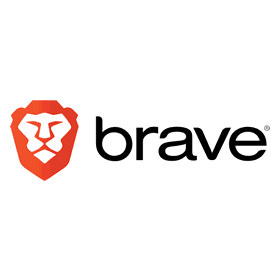Article
These are the most important digital privacy tools in 2019
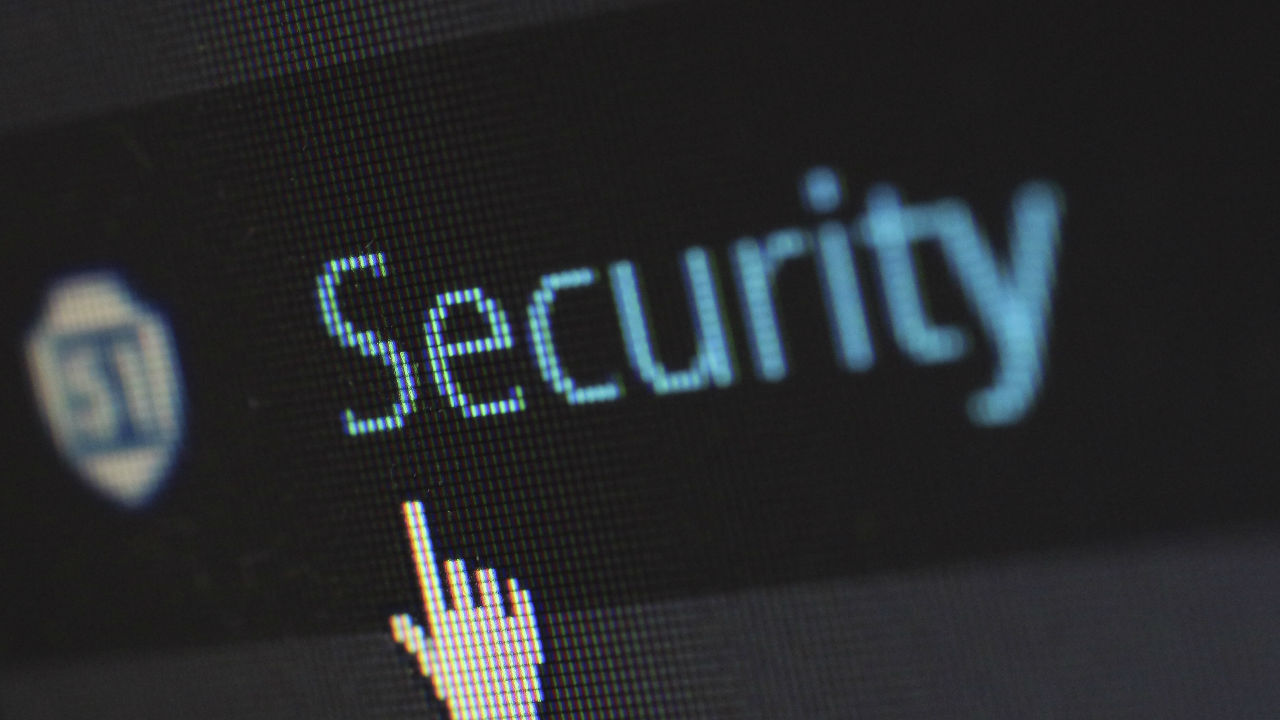
- March 12, 2019
- Updated: July 2, 2025 at 5:14 AM

The average person isn’t overthinking their digital footprint.
They might think, “Hey, I’m not doing anything embarrassing or illegal, why should anyone care what I’m doing?”
Still, if you’ve looked at the news at all in the last year, you know that things have never looked worse for our data. Not to sound like those alarmist dark web commercials, but keeping your data within your control has never been more critical.
While you may have nothing to hide, advertisers are after your data, phishing attacks remain rampant, and sensitive information is there for the taking.
Here, we’ve compiled a list of things you should add to your digital toolbox, you know, just in case.
Most important digital privacy tools
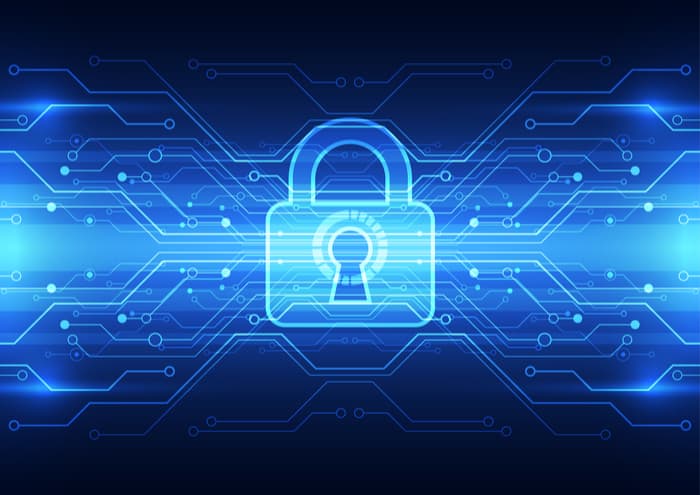
Spyware Removal Tools
Spyware is a type of malware that hides inside your systems and collects information about you without your knowledge. It could enter the system by way of a seemingly legit download, an email attachment, or a malicious link. The danger is, spyware monitors your keystrokes to learn your passwords — which, of course, puts you at risk for identity theft.
Some recommendations:
Bitdefender
A user-friendly antivirus program, Bitdefender doesn’t ask you a ton of questions at the point of install. Instead, it works to eliminate any security risks quickly.
Malwarebytes Anti-Malware
One of the most effective malware removes on the market, Malwarebytes detects ransomware, adware, and works well with your existing antivirus program. The tool targets and removes security threats and performs deep scans that remove unwanted programs that mess with your system.
Emsisoft Emergency Kit
This app is a portable app that allows you to use the program on your own devices, as well as anytime someone you know needs help fighting off a virus. Keep the app stored in the cloud or USB drive for easy access. Like other malware removal options, Emsisoft keeps a database of current threats, so it requires an internet connection to keep things up to date.
VPNs
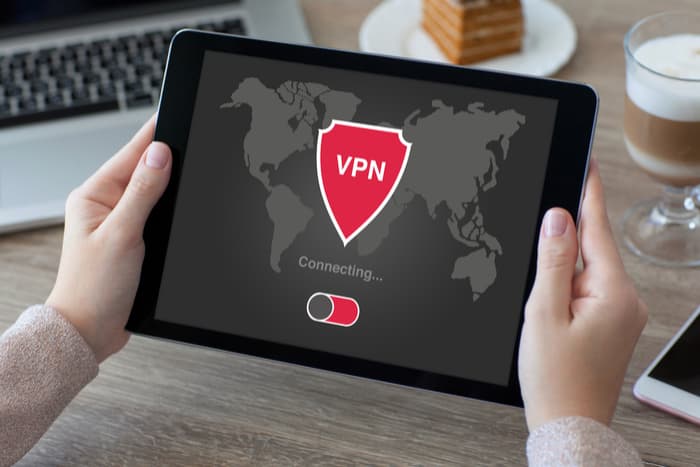
Internet service providers often record information like connection times, metadata, and more. Without a VPN, ISPs have access to every website you visit. And, in the U.S., the UK, and Australia, governments require internet companies to keep track of this information.
VPNs, or virtual private networks, are used to route all internet traffic through a secure server. This process hides your browsing history and allows you to access blocked or banned online content.
While there are some free VPNs out there, most fail to conceal your online activity completely, or worse; they could be scams.
You don’t have to spend a lot; in fact, NordVPN ($2.99 per month) ExpressVPN ($6.99 per month), and VPNArea.com ($4.92) all provide comprehensive privacy for just a few bucks.
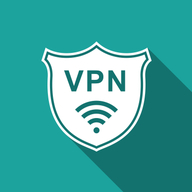
This is why you should always pay for a VPN
Read now ►Adblocking and Tracking Prevention
Good adblockers are essential in this era of autoplay ads and tracking. From a security standpoint, adblocking is crucial, because advertisers are recording your online activity so they can show you targeted ads.
The best ad blocking stack depends on your needs — you might look for an option built into a private browser or VPN, or seek out a tool designed to work across all your devices.
As you can imagine, there are countless options. uBlock Origin is a popular choice; it’s a general blocker that filters ads and prevents tracking. More advanced users might prefer something like uMatrix, a tool that blocks Javascript from running. AdGuard is a paid option that works with Windows, Mac, iOS, and Android.
The benefit of AdGuard over simply using a browser extension is, it brings more blocking capabilities to the table. See, browser extensions do a decent job keeping ads from getting out of control, but they don’t fully prevent companies from accessing your data.
Password manager
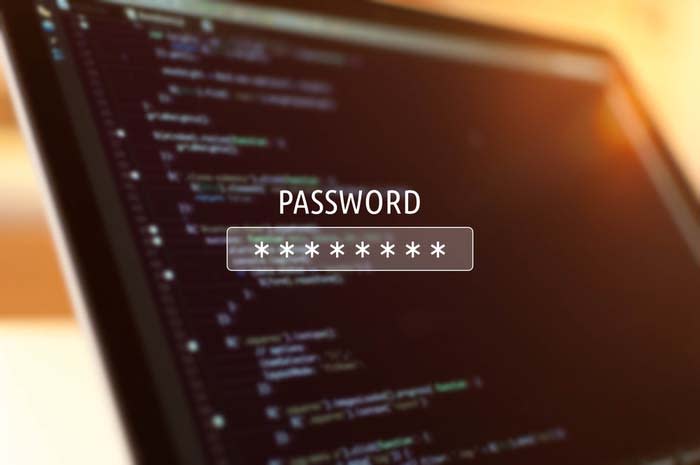
Chances are, you’re using the same weak, easy to remember password you’ve been using for years. Most people stick to the same few passwords — and tend to share them with family members or whoever asks them for access to Netflix.
The problem is, if someone gets their hands on one credential, they can log into bank accounts, credit cards, and social profiles.
LastPass, 1Password, and Dashlane all make it easy to create and save unique, complex passwords that don’t require you to remember a long list of special characters, numbers, and a mix of cases.
Apple users with the latest OS, Mojave have access to a free password manager, too. So, there’s no excuse.
Consider changing your browser
Browsers are the portal to the rest of the web. Unfortunately, as you surf the web, you leave a digital imprint on every site you visit. Chrome, for example, automatically logs you into the browser when you log into a Google site.
Users do have the option to switch back to basic mode (which doesn’t access your password. Still, you need to choose this option. Otherwise, Chrome will keep logging you in automatically.
All activity in the Chrome browser links to your Google account, which keeps tracking scripts on the sites you visit.
If this concerns you, consider switching to a browser that offers more privacy features. A few options:
Brave
Brave’s whole selling point is that they don’t treat you like a product. The platform automatically blocks ads and trackers, allowing you to navigate the web with your privacy intact. Brave is one of the best options for privacy — it’s built on the open-sourced Chromium project and promises load times up to 8x faster than Safari and Chrome.
Tor Browser
Tor Browser doesn’t have the flashiest website, but don’t let the poor user interface prevent you from giving this a chance. Tor comes equipped with privacy add-ons, encryption, and an advanced proxy. You also don’t need to install anything on your computer. Instead, it comes as a pre-configured web browser you can run off of a USB drive.
Firefox
Perhaps the most mainstream of our three recommendations, Firefox has upped their privacy game in recent years. Their private browsing settings automatically erase online information like cookies, passwords, and browsing history, so that every time you exit the browser, you don’t leave anything behind.
It’s important to note that the default configurations don’t come with the privacy settings enabled. However, several add-ons make Firefox a reliable private browsing option. Features like tracking protection, HTTPS Everywhere, uBlock Origin, NoScript, Stop Fingerprinting and Windscribe come together for a more secure experience.

12 ways Firefox can defend your data against internet threats
read now ►A better trash bin
You might move unwanted files and photos into the trash bin and call it a day, but unfortunately, that doesn’t mean it’s actually been destroyed. The data still exists and could potentially be recovered.
In most cases, the recycling bin is fine — so long as the information you’re getting rid of doesn’t contain identifying details. Sensitive information, on the other hand, should be treated as such.
CCleaner and CleanMyMac are free services that allow you to securely erase files — which matters if you loan your computer to someone, take your device to the shop or return a laptop to your employer. What’s more, should your device get stolen, identity thieves know to head for the hard drive when for valuable data.

How to wipe your hard drive before selling or donating your computer
Read Now ►Encrypted hard drive
Speaking of hard drives, an encrypted version is essential. While you might spend a good deal of time using cloud-based tools, your information could be exposed when you download — think tax forms, financial information, trade secrets, and so on.
Hard drive encryption works like this: data is encrypted through a cryptographic algorithm. This renders all data unreadable unless it’s unlocked with a secret key. We don’t recommend using an encrypted hard drive to store items that do not include sensitive information, because again, data is unreadable without the secret key.
As such, you’ll need to make sure you keep this passcode in a safe, secure place — if you lose it, it could be gone forever.
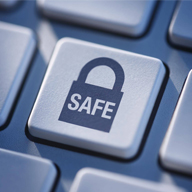
How to encrypt your hard drive and keep your folders and files safe
read now ►Grace is a painter turned freelance writer who specializes in blogging, content strategy, and sales copy. She primarily lends her skills to SaaS, tech, and digital marketing companies.
Latest from Grace Sweeney
You may also like
 News
NewsThe blame for 'Starfield' not succeeding lies with Bethesda itself, according to the creator of 'Skyrim'
Read more
 News
News"Play it again and tell me if you really want to do it again." Do we really want a remake of 'Morrowind' or is it just nostalgia?
Read more
 News
NewsCharlie XCX is very clear about whether she would make a song for James Bond. The answer may not please you
Read more
 News
News'Wonder Man' breaks a very negative streak for Marvel… or so say its creators
Read more
 News
NewsOne of the biggest stars of 'Scooby-Doo' reacts to the new Netflix series
Read more
 News
NewsThe protagonist of 'The Breakfast Club' is very clear: there is no need to make remakes
Read more



